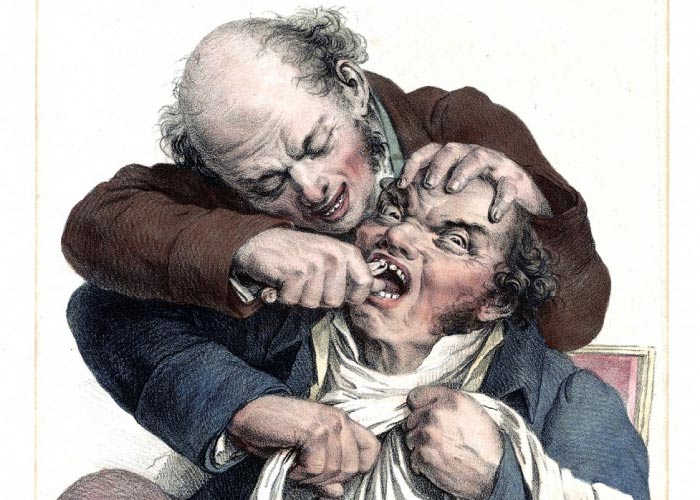What Happens If You Don’t Treat a Cavity?
The majority of Americans have at one point in their lives had a cavity. But what happens if you don’t treat a cavity? Here, we’ll explain what cavities are, their symptoms, how you treat cavities, what happens if you don’t, and how to prevent cavities in the first place.
What Is a Cavity?
A cavity is another term for tooth decay. They are caused when your tooth’s enamel is destroyed by acid and bacteria. When you eat foods and swallow drinks high in sugars and carbs, such as chips, candy, and soda, you coat your mouth and teeth in acids. These acids, along with bad bacteria in your mouth, form plaque, a sticky film, which eats away and dissolves the minerals in your tooth’s enamel. As your enamel weakens, your teeth decay and cavities form.
What Are the Symptoms of a Cavity?
The symptoms of a cavity are varied. In the beginning, you probably won’t feel anything, but as the decay worsens you may experience such symptoms as tooth sensitivity, toothache, pain while eating or drinking things cold or hot or sweet, or pain when you bite down. You could also see black, brown, or white stains on the surface of your teeth, and sometimes you can see tiny pits or black spots in your teeth.
What Happens If You Don’t Treat a Cavity?
If you don’t heed the signs and symptoms of tooth decay, there are a number of things that could happen. Once cavities have worn away your tooth’s enamel, you need to seek treatment. Fillings or restorations made of materials like composite resin, dental amalgam, or porcelain are the most common treatment option for when tooth decay has just progressed. If there’s more extensive decay, you might need a crown which is a replacement tooth made specifically for you that covers and replaces your natural tooth. If the decay has moved past the enamel, past the dentin, and into the pulp of your tooth, you will probably need a root canal, which cleans out the infection in your tooth and fills and seals it up so that decay can’t reach that tooth again. If your tooth is so severely decayed and damaged that it can’t be repaired even with a root canal, the tooth has to be removed.
How Do You Prevent a Cavity?
The best way to prevent tooth decay is by practicing good oral health habits. This means brushing your teeth twice a day for two minutes at a time, flossing at least once a day, and using fluoride toothpaste. These daily dental practices banish acid and bacteria and therefore plaque from your mouth, and strengthen your tooth enamel.
Another important way to prevent cavities and tooth decay is by coming in for regular checkups and cleanings. Contact us today to schedule an appointment!





